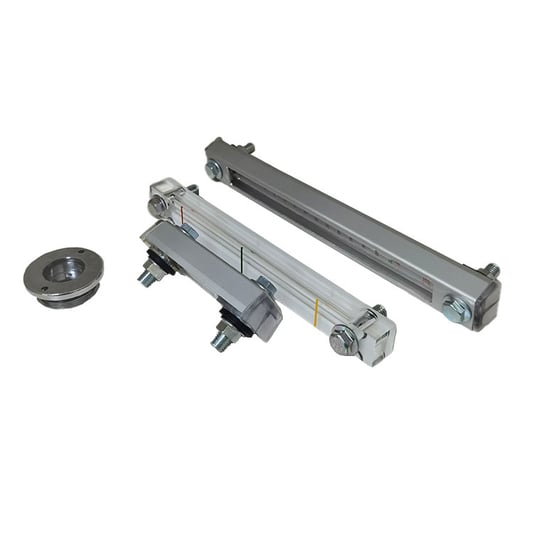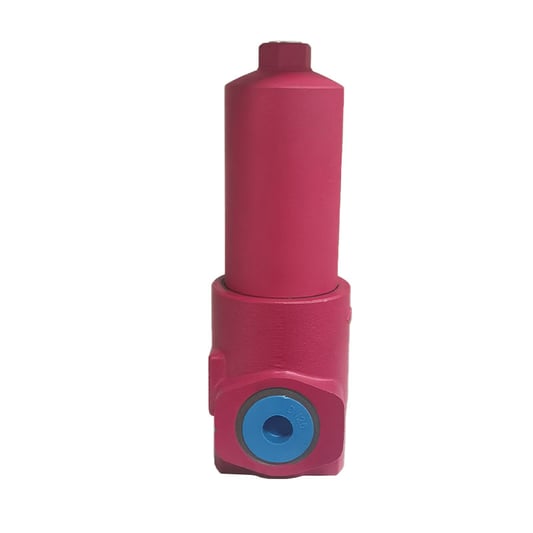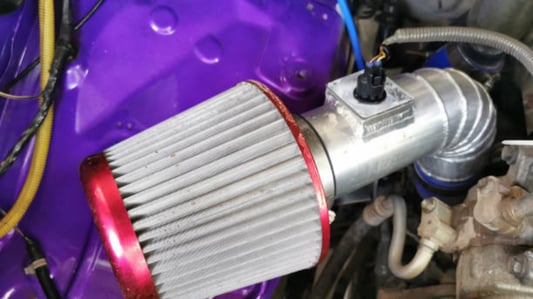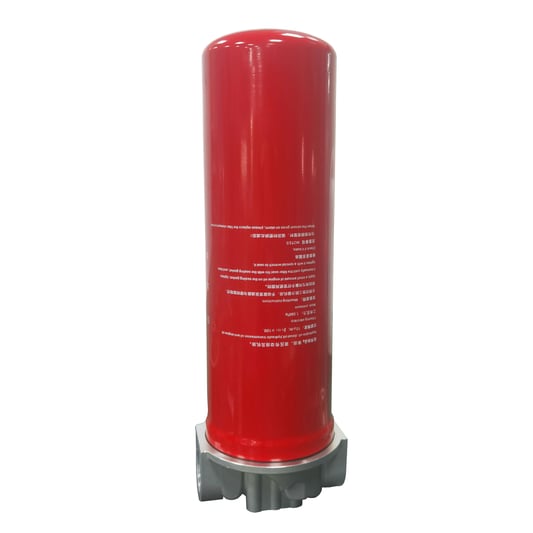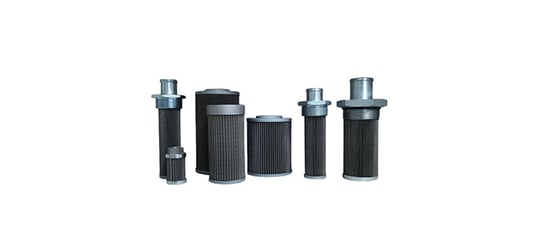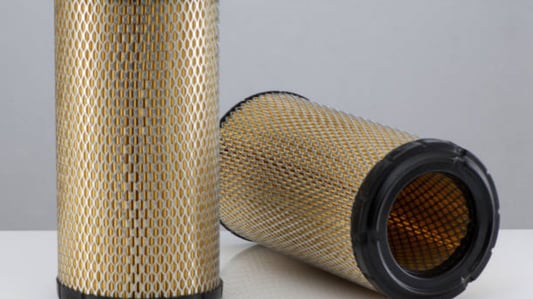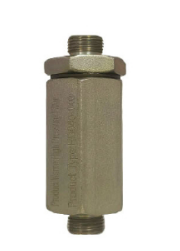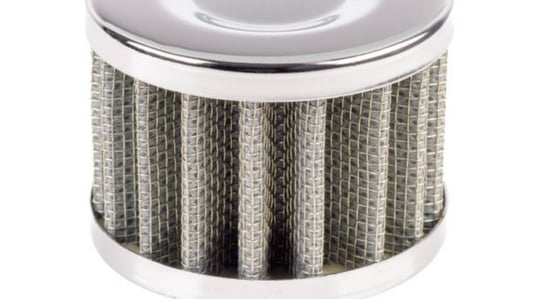A level meter, also known as a spirit level or bubble level, is a tool used to determine whether a surface is horizontal (level) or vertical (plumb). Here's how you can use it:Level meter For Horizontal Surfaces:Preparation: Ensure the surface you want to check is clean and free from debris.Positioning: Place the level meter on the surface you are checking. Make sure it's positioned in such a way that the vial (the part with the liquid and bubble) is parallel to the surface.Reading: Look at the vial to see where the bubble is positioned. If the bubble is centered between the two lines etched on the vial, the surface is level. If the bubble is off-center, adjust the surface accordingly until the bubble is centered.Level meter For Vertical Surfaces:Preparation: Again, ensure the surface is clean and ready for measurement.Positioning: Hold the level meter vertically against the surface you want to check. The vial should be perpendicular to the surface.Reading: Check the position of the bubble inside the vial. If the bubble is centered, the surface is plumb (vertically straight). If not, adjust the surface until the bubble centers.Tips for Accurate Measurement:Double-Check: It's always good to double-check by repositioning the level meter at different angles or spots on the surface.Environment: Use the level meter on a stable, flat surface to avoid any tilting or unevenness affecting your reading.Calibration: Occasionally check if your level meter needs recalibration, especially if you notice consistent inaccuracies.By following these steps, you can effectively use a level meter to ensure surfaces are properly aligned.Quote InquiryContact us!


